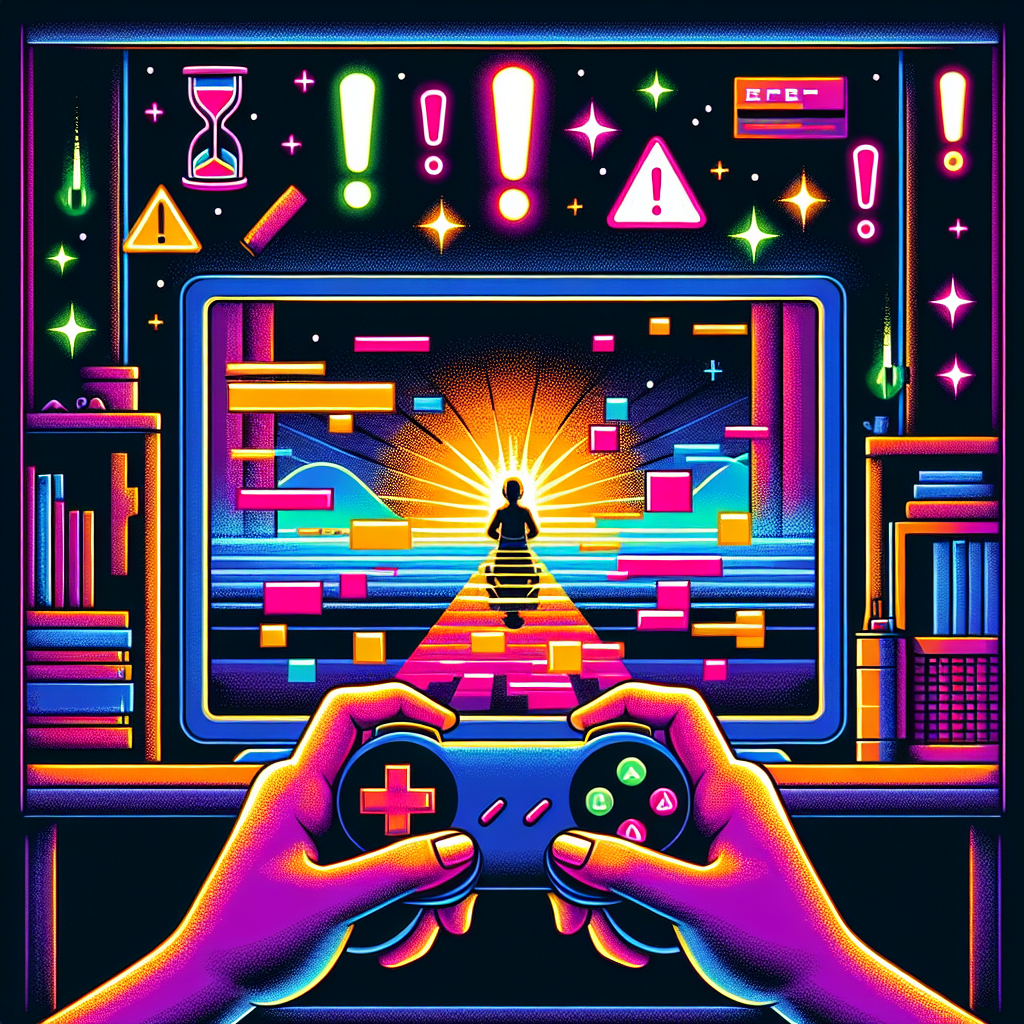Gaming Addiction: Understanding the Risks and Warning Signs
Gaming Addiction: Understanding the Risks and Warning Signs
In recent years, the popularity of video games has skyrocketed, with millions of people of all ages spending hours immersed in virtual worlds. While gaming can be a fun and enjoyable pastime, it can also become addictive and have serious consequences on a person’s mental and physical health.
Gaming addiction, also known as gaming disorder, is a recognized mental health condition characterized by excessive and compulsive use of video games. It can have a negative impact on a person’s life, leading to problems with relationships, work, and overall well-being.
There are several risk factors that can contribute to the development of gaming addiction. These include factors such as a person’s age, gender, personality traits, and underlying mental health issues. Younger individuals, particularly teenagers, are more susceptible to developing gaming addiction due to their developing brains and susceptibility to peer pressure.
Warning signs of gaming addiction can vary from person to person, but some common signs to look out for include:
1. Preoccupation with gaming: Constantly thinking about gaming and feeling the need to play at all times.
2. Withdrawal symptoms: Feeling irritable, anxious, or depressed when not gaming.
3. Loss of interest in other activities: Neglecting responsibilities, hobbies, and social interactions in favor of gaming.
4. Continued use despite negative consequences: Ignoring the negative impact of gaming on one’s life, such as poor grades, job loss, or strained relationships.
5. Lying about gaming habits: Hiding the amount of time spent gaming or downplaying its significance.
If you or someone you know is showing signs of gaming addiction, it is important to seek help. Treatment options for gaming addiction may include therapy, support groups, and lifestyle changes to reduce gaming habits. It is also important to set boundaries and establish healthy gaming habits to prevent addiction from developing.
Overall, gaming addiction is a serious issue that can have detrimental effects on a person’s life. By understanding the risks and warning signs of gaming addiction, individuals can take steps to address the problem and seek help before it escalates. Remember, gaming should be a source of enjoyment and relaxation, not a cause of harm and distress.


